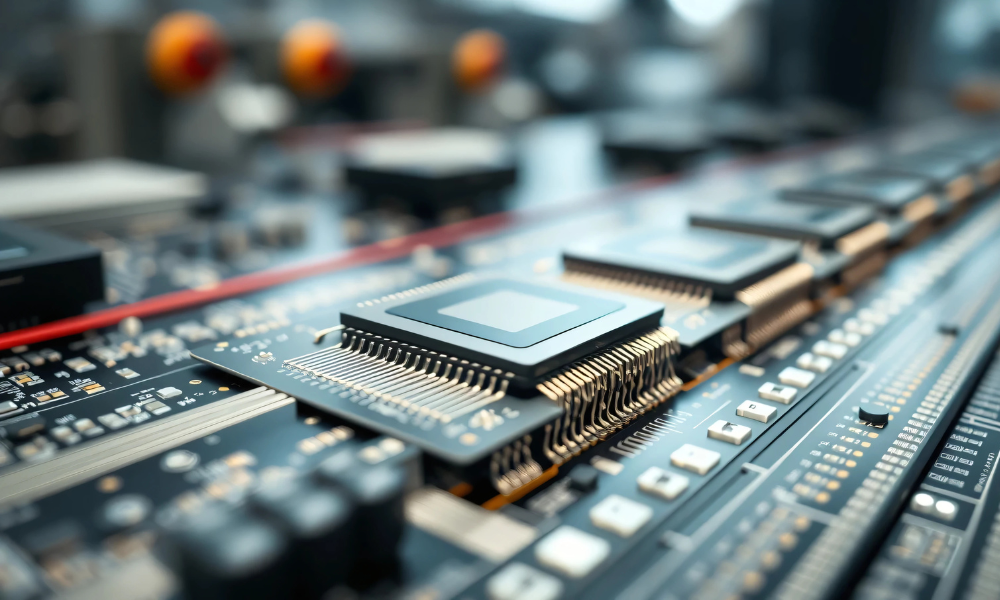Untether AI shuts down after missing funding; Meta was also in talks before AMD acquihire deal

Advanced Micro Devices (AMD) is acquiring the engineering team of Toronto-based Untether AI Corp. in an acquihire deal, as the Canadian chip startup shuts down after failing to raise funds earlier this year, according to The Globe and Mail.
Untether disclosed on its website Thursday that it had entered a “strategic agreement” with California-based AMD.
“While today marks the end of Untether AI’s journey, we are proud of the pioneering research that underpinned our work,” the company stated in an article by The Globe and Mail.
It also confirmed that it will no longer supply or support its hardware and software products.
AMD told CRN that it is acquiring “a talented team of AI hardware and software engineers” from Untether.
One source familiar with the matter estimated the deal to be worth under US$100m, depending on how many employees join AMD.
The source also said Meta Platforms Inc. had engaged in talks with Untether, as it develops custom chips for AI.
The transaction does not include Untether’s intellectual property, which could be sold separately, the source added.
Untether and AMD did not immediately respond to requests for comment.
Untether’s chief executive, Chris Walker, left in May, according to his LinkedIn profile. He did not reply to The Globe and Mail.
Untether, founded in 2018, raised around $150m from investors including Intel Capital, Radical Ventures, GM Ventures, and Canada Pension Plan Investment Board.
The estimated value of the AMD deal suggests investors will likely not recoup their full investment.
Returns will depend on when capital was deployed.
The company developed energy-efficient AI chips for use in autonomous vehicles, drones, and robotics.
It pursued the AI inference market—using trained AI models like ChatGPT—and sought to compete with Nvidia.
However, two sources said the company shifted too late to focus on generative AI hardware and struggled against Nvidia’s dominance.
According to one source, US economic uncertainty related to US President Donald Trump’s tariff policies contributed to Untether’s funding challenges.
The Globe and Mail did not identify its sources as they were not authorized to speak on the matter.
Untether’s chips were based on technology pioneered by co-founder and former University of Toronto professor Martin Snelgrove.
His design placed memory and processing units side by side, unlike the traditional von Neumann architecture from 1945 that consumes more energy transferring data.
The company initially targeted applications such as computer vision systems in self-driving vehicles. But the 2022 launch of ChatGPT shifted AI industry focus to generative applications, fuelling demand for chips used in data centres.
As Nvidia rose to become the world’s most valuable publicly traded company—now worth about US$3.5tn—major tech firms raced to purchase its chips to power AI model training.
Untether attempted to carve out a space in inference processing, but its entry came too late.
MLCommons, a benchmarking consortium of academic and industry groups, reported last year that one Untether chip performed with six times better energy efficiency and lower latency than competitors in one testing category.



